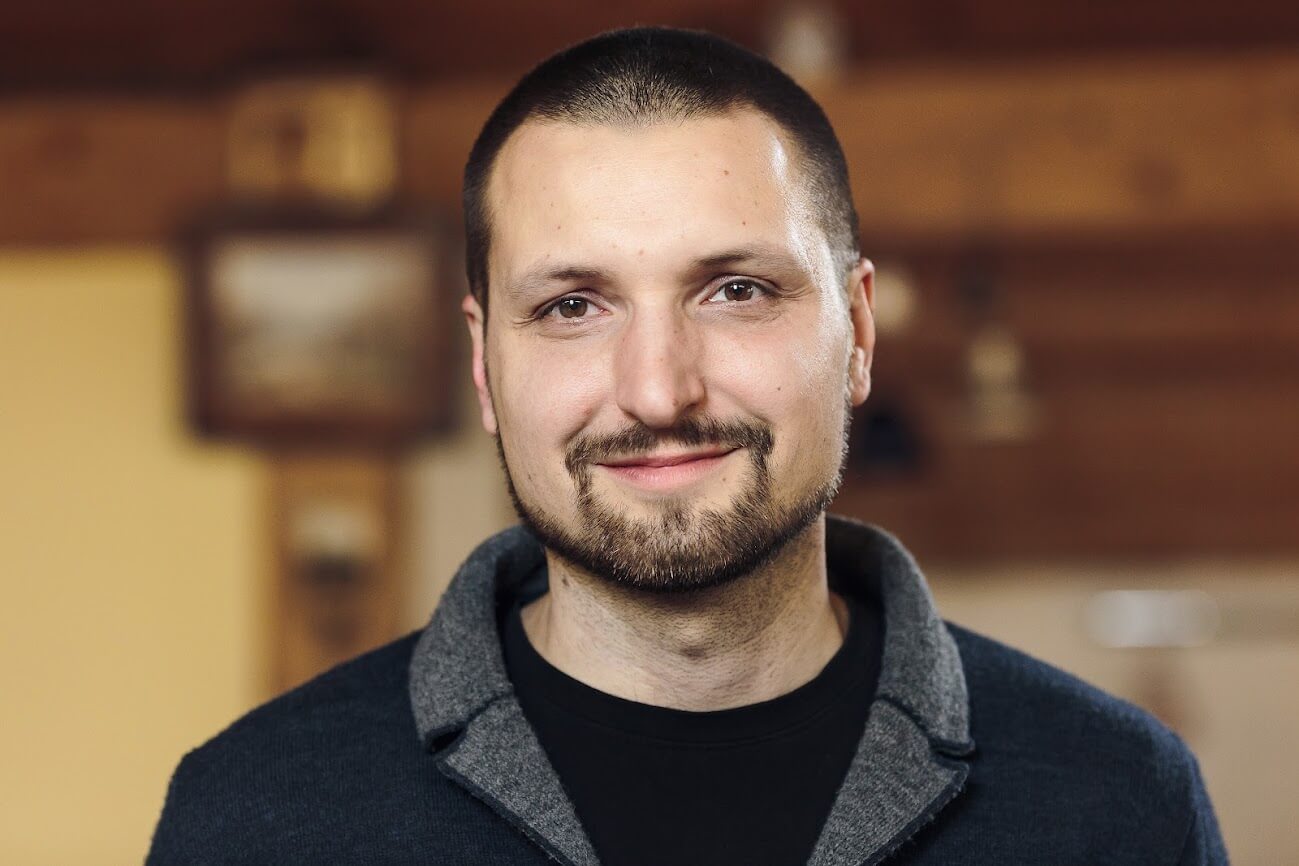Small business owners are increasingly interested in the concept of a Minimum Viable Product (MVP) for several key reasons. To shed light on this crucial strategy, we are honored to have Andriy Tatchyn, a luminary in the field of tech entrepreneurship and MVP development, share his profound insights and experiences.
As the leader of a company renowned for its expertise in MVP development, Andriy stands at the forefront of helping startups transform their visionary ideas into viable, market-tested products. In this in-depth interview, Tatchyn discusses the pivotal role of MVP in the startup ecosystem, the unique challenges faced during its development, and the strategies for overcoming these hurdles.
Interviewer: Could you briefly explain the concept of MVP and its importance for startups and small business owners?
Andriy Tatchyn: Certainly. MVP, or Minimum Viable Product, is essentially the most basic version of a product that can be released. It includes just enough features to be usable by early customers who can then provide feedback for future product development. This approach is crucial for startups because it allows them to test their business hypotheses with minimal resources and adjust quickly based on user feedback.
Interviewer: What are the main challenges startups face in MVP development?
Andriy Tatchyn: The biggest challenge is often balancing the scope and quality. Startups need to ensure their MVP is viable and valuable to customers while being careful not to overdevelop, which can lead to unnecessary costs and delays. Another challenge is understanding customer needs and expectations, which requires thorough market research and user testing.
Interviewer: How does your company help startups navigate these challenges?
Andriy Tatchyn: We focus on lean development and close collaboration with our clients. Our team works to understand the startup’s vision and market, helping them prioritize features and build an MVP that aligns with their business goals. We also emphasize iterative development, allowing startups to evolve their product based on real-world feedback.
Interviewer: What is the main advice for startups and SMBs embarking on MVP development?
Andriy Tatchyn: Start with a clear vision and be flexible. Understand your market and be ready to pivot based on feedback. Also, focus on building a sustainable business model around your MVP. It’s not just about the product; it’s about creating value for your customers and for your business.
MVP Budgeting
Interviewer: How should entrepreneurs approach budgeting for their MVP?
Andriy Tatchyn: Budgeting for an MVP is about understanding the core features that need to be developed and allocating resources efficiently. Startups should focus on what’s absolutely necessary to test their hypothesis in the market. It’s important to keep the budget tight but realistic, factoring in development costs, market research, and some contingency for unexpected challenges.
Interviewer: Can you give an example of how to effectively allocate a budget in MVP development?
Andriy Tatchyn: Sure. Suppose a startup has a limited budget. The focus should be on developing the primary feature that solves the core problem for their target audience. Spending should be prioritized on this feature, while secondary features can be planned for later development phases. Also, it’s crucial to allocate part of the budget for user testing and feedback gathering, which are essential in the MVP process.
Interviewer: How does budgeting change as the MVP evolves?
Andriy Tatchyn: As the MVP evolves and receives user feedback, the startup may need to pivot or add features, which can affect the budget. Continuous monitoring and flexible budgeting are key. The ability to adapt the budget as you learn more about what your customers really want and need is crucial for the success of an MVP.
Interviewer: What is the most important for startups on managing finances during MVP development?
Andriy Tatchyn: Keep a close eye on your burn rate and be prepared to adjust your plans as needed. Focus on creating value for your customers, as this will be the key to your long-term success. And remember, an MVP is a learning tool; use it to understand your market and build a solid foundation for your business.
How To Choose the MVP Development Company
Interviewer: When a startup is ready to develop their MVP, how should they go about choosing the right development company?
Andriy Tatchyn: Selecting the right development partner is critical. Look for a company with a proven track record in MVP development. They should understand the startup ecosystem and have the ability to work with limited budgets and tight timelines. It’s also important that they share your vision and are able to provide valuable feedback and insights.
Interviewer: Are there specific qualities that make a development company ideal for MVP projects?
Andriy Tatchyn: Absolutely. An ideal MVP development company should be agile and flexible, able to adapt quickly to changes. They should also be user-focused, with a strong emphasis on understanding customer needs and behavior. Good communication skills are essential, as is the ability to work collaboratively with the startup team.
Interviewer: How important is the cost factor when choosing a development company?
Andriy Tatchyn: Cost is always a consideration, but it shouldn’t be the only factor. Cheap can be expensive in the long run if the quality isn’t there. Look for a company that offers a good balance between cost and quality, and ensure they are transparent about their pricing and deliverables.
Interviewer: Any tips for startups in their search for a development partner?
Andriy Tatchyn: Do thorough research, ask for referrals, and look at their previous work. A good development partner is not just a service provider, but a strategic partner who can contribute to the success of your MVP and ultimately, your business.
MVP For Enterprises
Interviewer: How does the MVP approach differ for established enterprises compared to SMBs and startups?
Andriy Tatchyn: For enterprises, MVP development often involves balancing innovation with existing business models and customer expectations. They must align the MVP with their larger product portfolio and corporate strategy. The risk management is also different, as they have more resources but also larger reputations at stake.
Interviewer: Can enterprises benefit from adopting an MVP mindset?
Andriy Tatchyn: Absolutely. An MVP approach can drive innovation within an enterprise. It allows them to test new ideas with a lower risk, gather customer feedback quickly, and adapt to market changes more efficiently. It’s a way to foster a culture of agility and responsiveness, even in a large organization.
Interviewer: What challenges do enterprises face in MVP development that startups might not?
Andriy Tatchyn: One of the main challenges is internal bureaucracy and resistance to change. Unlike startups, enterprises often have established processes and a resistance to adopting a lean, fail-fast approach. Additionally, aligning the MVP project with the broader business objectives and integrating it with existing systems and processes can be complex.
Interviewer: Any advice for enterprises looking to implement MVP strategies?
Andriy Tatchyn: Start small and focus on learning. Encourage a culture of experimentation and be open to failure as a learning tool. Ensure alignment between the MVP project and the overall business strategy, and involve various stakeholders to foster a sense of ownership and collaboration.
The Key Message on MVP Development
Interviewer: As we conclude, what’s the key message you’d like to leave with our audience, particularly those embarking on MVP development?
Andriy Tatchyn: The key takeaway would be to embrace the MVP process as a journey of learning and adaptation. Whether you’re a startup or an established enterprise, the MVP approach is about validating your ideas in the real market, learning from your customers, and being agile enough to pivot when necessary. Remember, it’s not about getting it perfect the first time; it’s about iterative improvement and delivering value to your customers. That’s the essence of successful MVP development.










